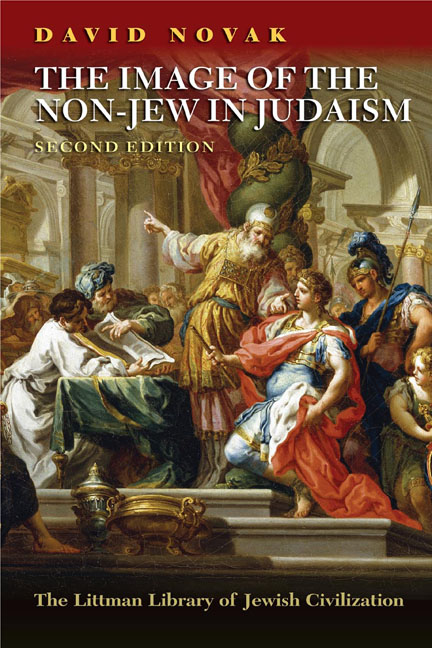Book contents
- Frontmatter
- Dedication
- Preface
- Acknowledgments
- Contents
- Chapter Summaries
- 1 The Origins of the Noahide Laws
- 2 The Law of Adjudication
- 3 The Law of Blasphemy
- 4 The Law of Idolatry
- 5 The Law of Homicide
- 6 The Law of Sexual Relations
- 7 The Law of Robbery
- 8 The Law of the Torn Limb
- 9 Aggadic Speculation
- 10 Maimonides’ Theory of Noahide Law
- 11 Albo's Theory of Noahide Law
- 12 Late Medieval Developments
- 13 Moses Mendelssohn and his School
- 14 Hermann Cohen and the Jewish Neo-Kantians
- 15 Conclusion
- Afterword
- List of Abbreviations
- Notes
- Bibliography
- Index
2 - The Law of Adjudication
- Frontmatter
- Dedication
- Preface
- Acknowledgments
- Contents
- Chapter Summaries
- 1 The Origins of the Noahide Laws
- 2 The Law of Adjudication
- 3 The Law of Blasphemy
- 4 The Law of Idolatry
- 5 The Law of Homicide
- 6 The Law of Sexual Relations
- 7 The Law of Robbery
- 8 The Law of the Torn Limb
- 9 Aggadic Speculation
- 10 Maimonides’ Theory of Noahide Law
- 11 Albo's Theory of Noahide Law
- 12 Late Medieval Developments
- 13 Moses Mendelssohn and his School
- 14 Hermann Cohen and the Jewish Neo-Kantians
- 15 Conclusion
- Afterword
- List of Abbreviations
- Notes
- Bibliography
- Index
Summary
Introduction
Noahide law has a double jurisdiction. It is both a system of law for which non-Jews are universally obligated and for which Jews were obligated prior to the revelation at Sinai. The correlation between these two jurisdictions is that Jews began as Noahides. Before the Sinaitic covenant all people were bound by Noahide law. After revelation, however, Jews are bound by the 613 commandments where as non-Jews continued to live under Noahide obligations. It would seem, then, that this law continues to be relevant for gentiles but only historically relevant for Jews. The following Tannaitic text appears to express this sentiment:
It was taught: Just as Jews are commanded to establish courts of law (batei din) in every district and in every city, so are Noahides commanded to establish courts of law in every district and in every city.
Who Enforces the Law?
Underlying Noahide law is the question of enforcement, namely, who is responsible for enforcement? Do Jews enforce it among non-Jews, or do non- Jews enforce it themselves? If it is a matter of Jewish enforcement, then Noahide law is an extension of Jewish law for non-Jews, a form of legal suzerainty. Conversely, if it is essentially a non-Jewish responsibility then Noahide law is something Jews recognize as obligatory for non-Jews, but are not obligated to implement. The former implies a legally constituted imperialism. Its intent is external. The latter suggests that lawfulness is not something Jews impose on non-Jews but rather is something inherent in humanity themselves. Furthermore, since Jews began as Noahides, human lawfulness is seen as a necessary prerequisite for the very emergence of Judaism.
From the perspective of the former view, Jewish interest in Noahide law is essentially prescriptive.As amatter of Jewish enforcement, it presupposes the legal constitution of the Jewish community. Jewish motivation regarding the prescriptive view is obvious: a part of Jewish law, for whose enforcement Jews are ultimately responsible, has universal scope. The motivation for the descriptive view seems to be to discover a point in common between Jews and the non-Jewish world, a world which both precedes and confronts them.
- Type
- Chapter
- Information
- The Image of the Non-Jew in JudaismThe Idea of Noahide Law, pp. 36 - 52Publisher: Liverpool University PressPrint publication year: 2011

